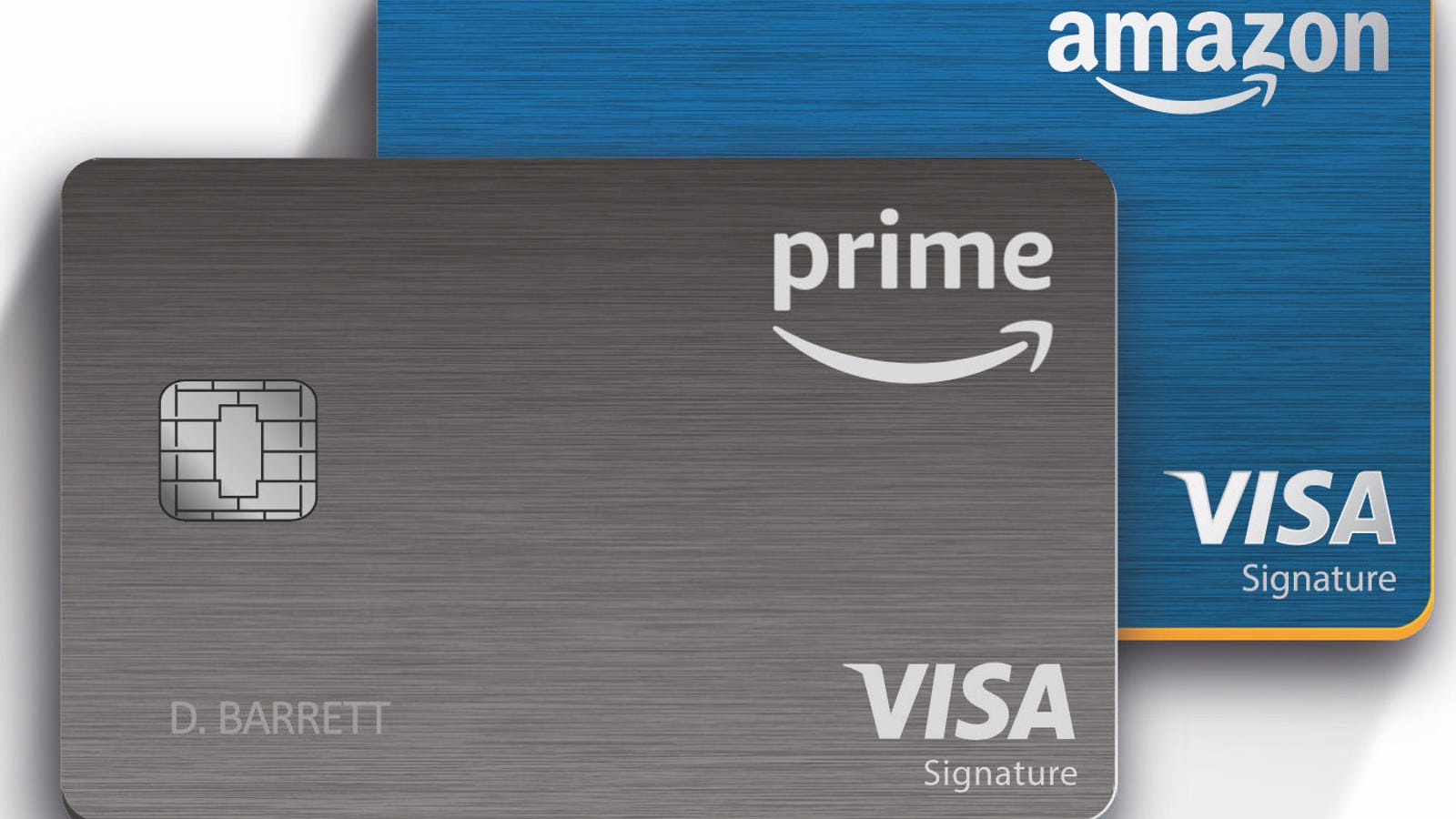

The sudden unauthorized charge to her debit card not only wiped out Laura’s funds for the day, but for the week, and caused her to incur a low-balance fee from her bank.Īs you might expect, Laura was livid. It’s an easy thing to forget, especially if the credit card is one you don’t use much.

But in the year since her last Prime renewal in 2015, that credit card had expired. Indeed, Laura’s Prime subscription was set up to use a different credit card entirely. “It was simply a different payment method available in my account.” “This is a new debit card, so I have never used it to purchase a Prime membership,” Laura tells Consumerist. No, the part that surprised her was the way it renewed, because Laura’s Prime subscription had never been associated with that debit card. The part that took her by surprise isn’t so much that Prime auto-renewed most consumers know they’re in for an annual subscription fee there, and she knew hers would renew in late September. So she pulled out her phone to look at her banking balance online and found - surprise! - a $99 Prime renewal fee from Amazon. She bought lunch and her debit card was accepted, but at her next stop it was declined. The reader, Laura, wrote to us to explain what happened: on Sept. So why were her funds insufficient? Because her Amazon Prime subscription had renewed on that card that day - even though she’d never once set up Prime to bill to it. She was puzzled - that account should have had at least $100 in it. 10.3.16 12:07 PM EDT By Kate Cox amazon amazon prime recurring subscriptionsĪ Consumerist reader recently went to run some errands and found the charge to her debit card was declined due to insufficient funds.


 0 kommentar(er)
0 kommentar(er)
